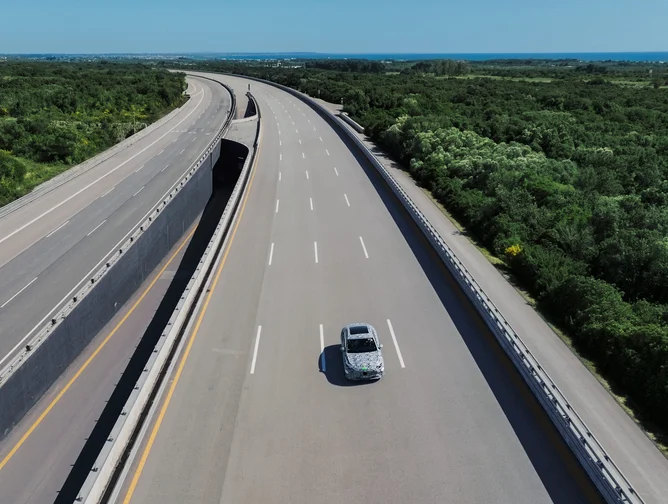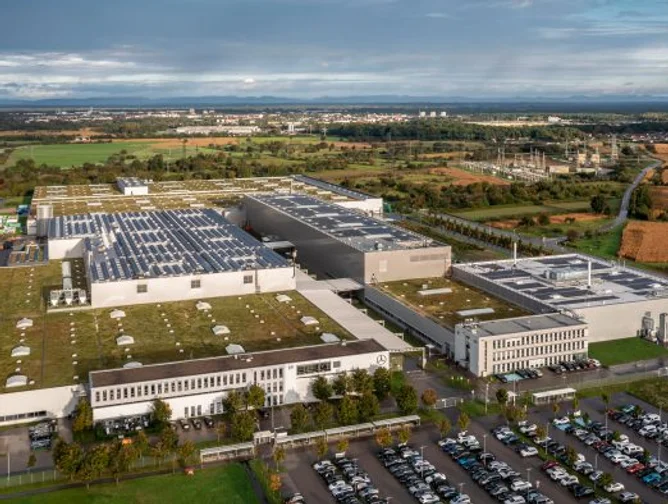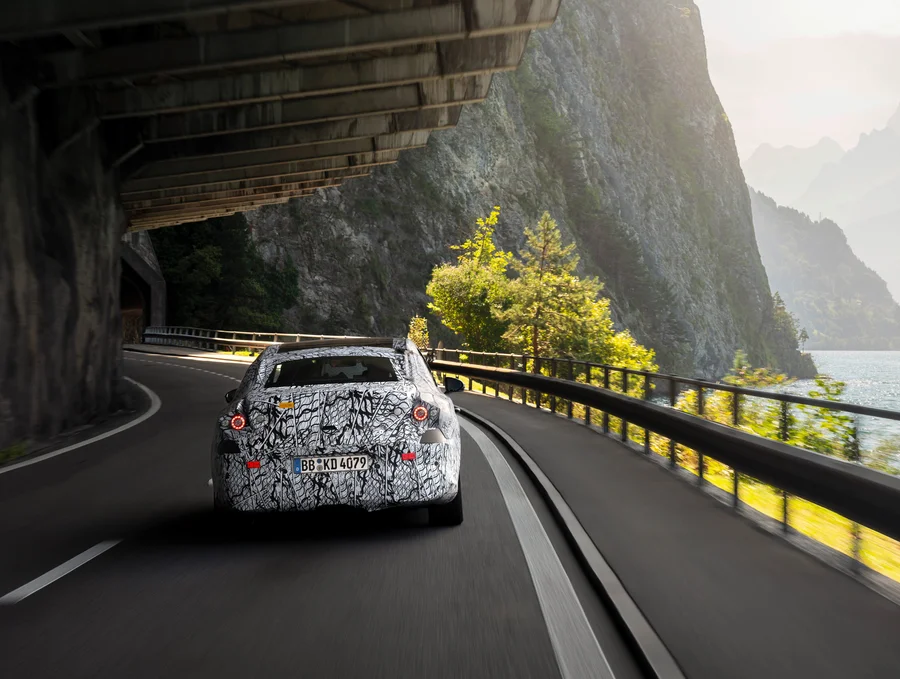Mercedes-Benz has announced its six sustainability focus areas that encompass ESG factors and will propel its sustainable business strategy.
As sustainability continues to become more integrated into standardised reporting, organisations must incorporate sustainability into their wider business strategy to mitigate climate change, unlock long-term resilience and competitiveness and align with changing consumer and stakeholder demands.
One such organisation that is becoming an exemplary model for crafting a sustainable-focused business strategy is Mercedes-Benz.
On 20 November 2024, the luxury car company announced its six sustainability focus areas at the 17th Mercedes-Benz Sustainability Dialogue in Stuttgart.
These six focus areas will form part of its business strategy and will steer the future of the company’s sustainability initiatives.
By incorporating environmental, social and governance areas (ESG), as well as an ecological focus, Mercedes-Benz aims to maintain its holistic approach to sustainability.
The focus areas were discussed by several representatives from academia, business, politics and civil society.
The 17th Mercedes-Benz Sustainability Dialogue
The Mercedes-Benz Sustainability Dialogue was launched 17 years ago as a forum for the company to interact with its stakeholders and discuss key developments in the sustainability field.
In 2024, the company has already held events in New Delhi, New York, Beijing and Dresden.
The 17th Mercedes-Benz Sustainability Dialogue, which was held on 20 November in Stuttgart, brought together academia, NGOs, businesses, civil society and political representatives to discuss strategy, climate and energy transformation and the future of the circular economy.
During the dialogue, the six sustainability focus areas were debuted and discussed with an external audience.

The six sustainability focus areas
After conducting a multi-stage strategy and analysis process, Mercedes-Benz was able to collate its six sustainability focus areas, which will now form part of its wider business strategy.
The company conducted a materiality analysis following the European Sustainability Reporting Standards (ESRS) and the Corporate Sustainability Reporting Directive (CSRD), held internal and external analyses and workshops to form the basis of its strategy process.
By identifying these six sustainability focus areas, Mercedes-Benz highlights its drive to cement sustainability into the operational business.
Now, the sustainability indicators are included in a company-wide scorecard, will be reviewed often and form part of the annual sustainability reporting. In addition to this, specific targets have been identified for each of the six focus areas.
1. Decarbonisation
By deploying renewable energy in production processes, utilising renewable energy sources for charging vehicles and using recycled materials, Mercedes-Benz is consistently enhancing its decarbonisation efforts.
2. Resource Use & Circularity
Mercedes-Benz has opened the first battery recycling plant of its kind in Europe in Kuppenheim. This plant recovers 96% of materials so they can be recycled and used in all-electric batteries for its vehicles.
3. Employees
The company has developed a sustainable HR strategy, the ‘Sustainable People Plan’, to adapt to changes in the world of work. Mercedes-Benz aims to invest over €2 bn in employee training from 2022 to 2030.
4. Human Rights
Mercedes-Benz identifies potential human rights risks through a risk-based approach to protect human rights along the value chain.
Alongside Hydro as a partner, the company is improving biodiversity and local human rights by investing in the Corridor Initiative along the aluminum supply chain in Brazil’s Amazon area.
5. Digital Trust
The company is striving to enhance trust in digital innovations and reduce the challenges of digital transformation. For example, Mercedes-Benz defined concepts for responsible AI, making it one of the principle vehicle manufacturers to do so.
6. Traffic Safety
Mercedes-Benz is a supporter of the EU’s Vision Zero. This aims to eliminate all road fatalities by 2050 and halve them by 2030 (compared to 2020).
Renata Jungo Brüngger, Member of the Board of Management of Mercedes-Benz Group AG. Integrity, Governance & Sustainability, said: “We want to make the greatest possible impact with what we do.
“In our six sustainability focus areas we can make a real difference. They cover environmental, social and corporate governance topics that are highly relevant both today and in future – for us as a company, for many of our stakeholders and ultimately for society as a whole.
“The aim is to anchor sustainability even more firmly in our operational business. This is the only way we can achieve lasting improvements.”

Sustainability at Mercedes
Mercedes-Benz has adopted a holistic approach to sustainability to ensure it can deliver sustainable value to many stakeholders.
Mercedes-Benz’s key goal to implement this holistic approach is its ‘Ambition 2039’, where the company is striving to ensure that its fleet of new vehicles is net carbon-neutral over the vehicles’ entire lifecycle by 2039.
In 2022, the company achieved a milestone, with its vehicle production locations reaching net carbon neutrality.
Now, Mercedes-Benz plans for every one of its production plants across the world to run on 100% renewable energy with zero CO₂ emissions by 2039.



